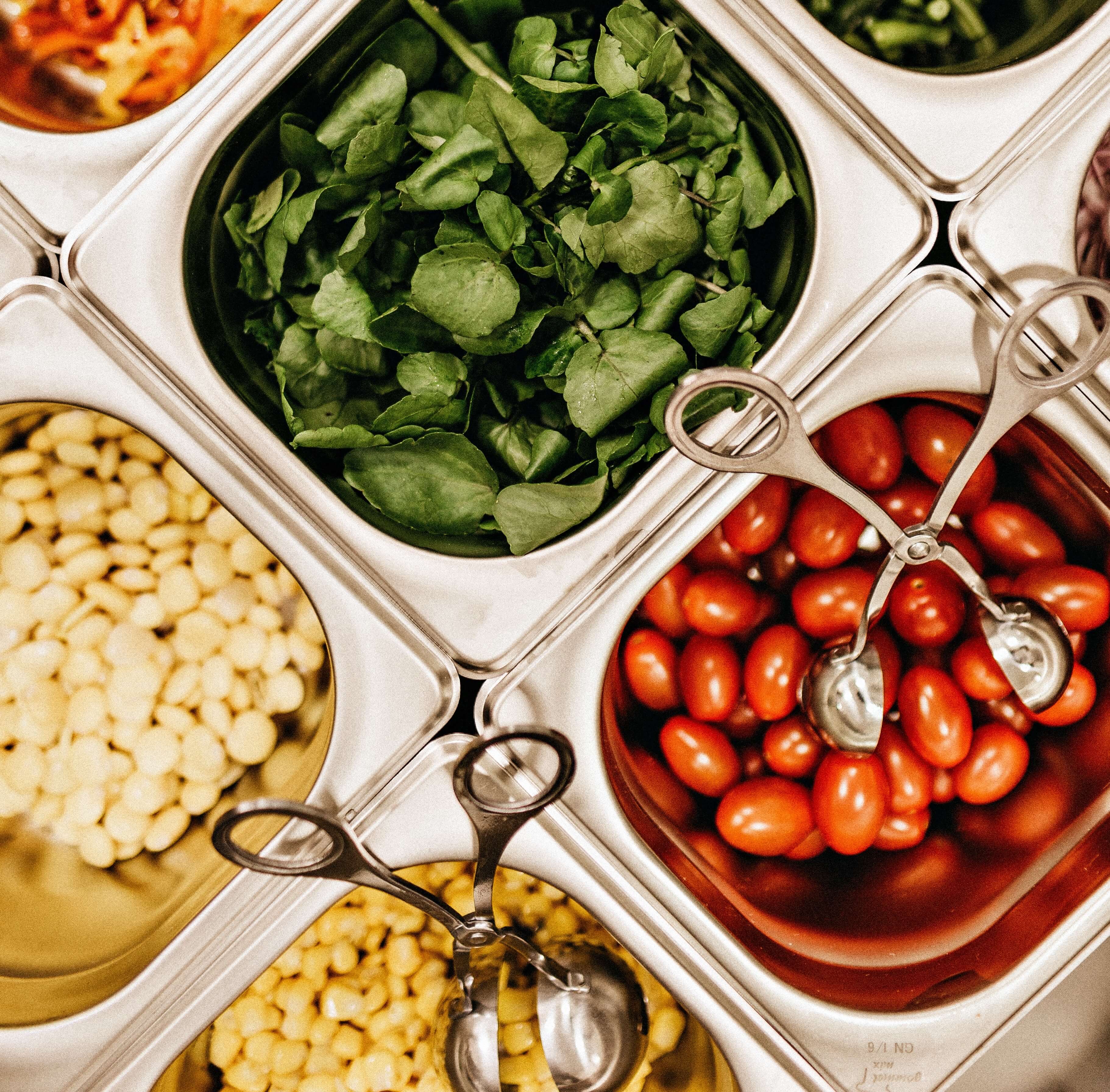3 New Year's Sustainability Resolutions Your Restaurant Can Make for 2020

As 2019 comes to a close, many restaurant owners are reflecting on the past decade and making plans for the next. Many individuals want to be more eco-friendly, but struggle with knowing how to actually take steps towards sustainability. If you’ve been wanting to make your restaurant more green, the New Year is the perfect time to make these conscious decisions to benefit the planet - and your profits. Here are a handful of eco-friendly resolutions your restaurant can commit to in the new year.
Reduce plastic use
According to some estimates, the United States produces 234 pounds of plastic waste per person every year, and 91 percent of that plastic waste never gets recycled. Plastic has large consequences for the planet; it ends up in landfills, beaches, rivers, oceans and contributes to a plethora of environmental problems. Your restaurant can resolve to reduce its plastic use in this upcoming decade. This might include eliminating plastic carryout bags, plastic straws, and plastic cutlery. If it’s not possible to cut these out all at once, take the year to make improvements and only distribute these items if a customer requests them. As the demand decreases for these items, you can then gradually remove these items from circulation.
Conduct a waste audit and monitor your restaurant’s waste stream
One of the most important things you can do for your business’s sustainability is to conduct a waste audit. You’ll need to benchmark your trash and recycling volumes to understand how much waste your restaurant creates as a baseline. The goal is to discover what types and quantities of waste (paper, plastic, food, etc.) you produce to identify opportunities for waste reduction and diversion. For example, you may find that your restaurant is throwing away a sizeable amount of cardboard. Instead of sending that material to the landfill, you could be recycling it instead and saving on waste hauling costs.
Donate unused foods to local charities
One of the most common sources of waste in a restaurant is, unsurprisingly, food waste. Whether food waste is a result of inefficient inventory management or wasteful kitchen practices, many restaurants find themselves throwing away perfectly edible food that they are unable to sell to their customers. Meanwhile, 1 in 7 Americans is unsure where their next meal will come from. Rather than tossing those ingredients as they near expiration, partner with a local food bank or other charity that supports the food insecure and donate your leftovers to those in need.
While it may be tempting to make all these changes at once, you’ll likely want to adopt these new practices one at a time. By spreading out your sustainable initiatives, you’ll be able to better track the efficacy of each project and achieve your desired results. Data will be your best friend in the path towards environmentally conscious operations. By making a sustainability commitment for 2020, you’ll set yourself on a path of wasting nothing, whether that be time, money, or environmental resources.